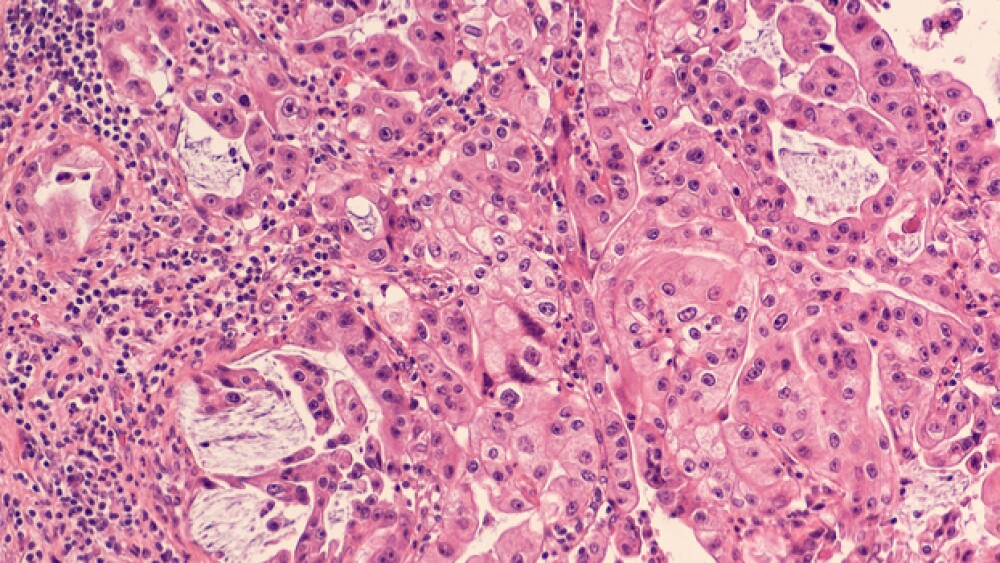NuCana halted enrollment of patients in the Phase III ACELERATE trial on the advice of the study’s Independent Safety and Data Monitoring Committee.
Shares of U.K.-based NuCana are down more than 21% in premarket trading after the company announced it suspended enrollment of patients in a late-stage pancreatic cancer study.
This morning, NuCana halted enrollment of patients in the Phase III ACELERATE trial on the advice of the study’s Independent Safety and Data Monitoring Committee. NuCana said the committee recommended the halting of enrollment following a futility analysis that showed the primary endpoint of the trial was not likely to be met. The trial was studying the safety and efficacy of Acelarin as a monotherapy treatment compared to chemotherapy drug gemcitabine in metastatic pancreatic cancer patients. The primary endpoint of the ACELERATE trial was a 42% reduction in the risk of death compared to gemcitabine. However, the futility assessment indicates the drug would not hit that goal. NuCana said the trial sponsor decided to suspend recruitment, in order to allow the data to mature and conduct additional sub-group analyses. Patients who are deriving benefit can continue treatment with Acelarin, NuCana said. As of now, there are 25 patients who are receiving or have received Acelarin monotherapy and who will continue to be followed by the study sponsor, the company added.
Daniel Palmer, head of the Liverpool CRUK/NIHR Experimental Cancer Medicine Centre and chief investigator of the ACELARATE study, noted that the patients taking part in the ACELERATE trial have particularly poor outcomes and very limited treatment options. Regarding the trial, Palmer said there were “imbalances in unfavorable prognostic factors for the patients in the Acelarin arm” of the trial, which may have impacted the committee’s futility analysis.
“In particular, 54% of the patients in the Acelarin arm were diagnosed at the most advanced stage T4, compared to 36% of patients in the gemcitabine arm. We need to allow the data to mature and conduct additional analyses, including biomarker assessment, in order to determine the most appropriate course of action,” Palmer said in a statement.
Palmer added that while the study in its current form was not likely to achieve its primary endpoint, he was encouraged by the positive survival trends observed in the patient sub-groups who received Acelarin. Hugh Griffith, NuCana’s founder and chief executive officer, echoed that encouragement. He said the company is committed to working with Palmer and the study team in order to “determine the optimal path forward for this study.”
“We also look forward to assessing the data from this monotherapy study and remain excited about our ongoing efforts to develop Acelarin in additional indications and, in particular, our plans to develop Acelarin in combination with platinum-containing agents,” Griffith said in a statement.
Newsletter Sign Up
Sign up to get the latest life sciences news and updates delivered straight to your inbox.





